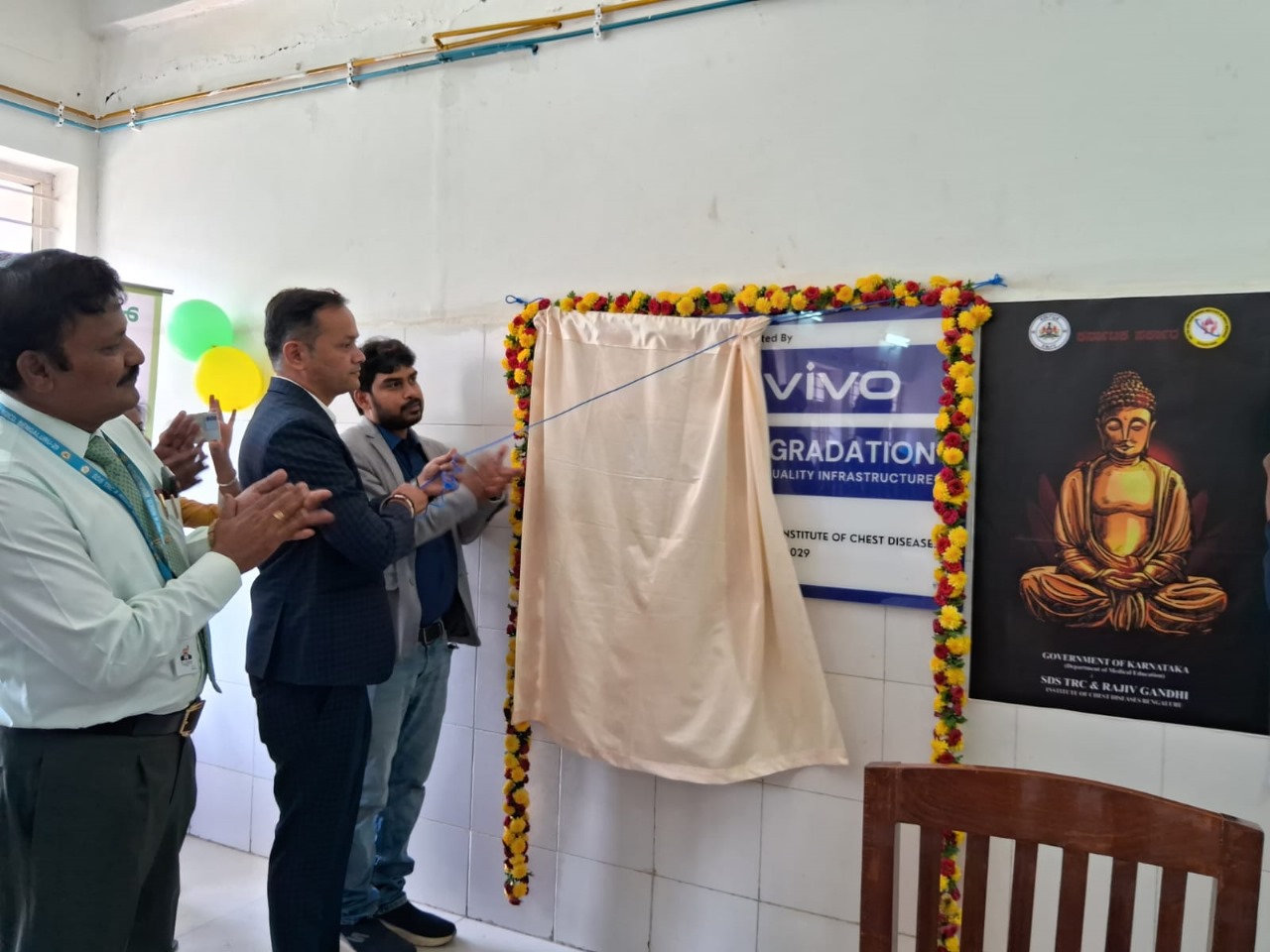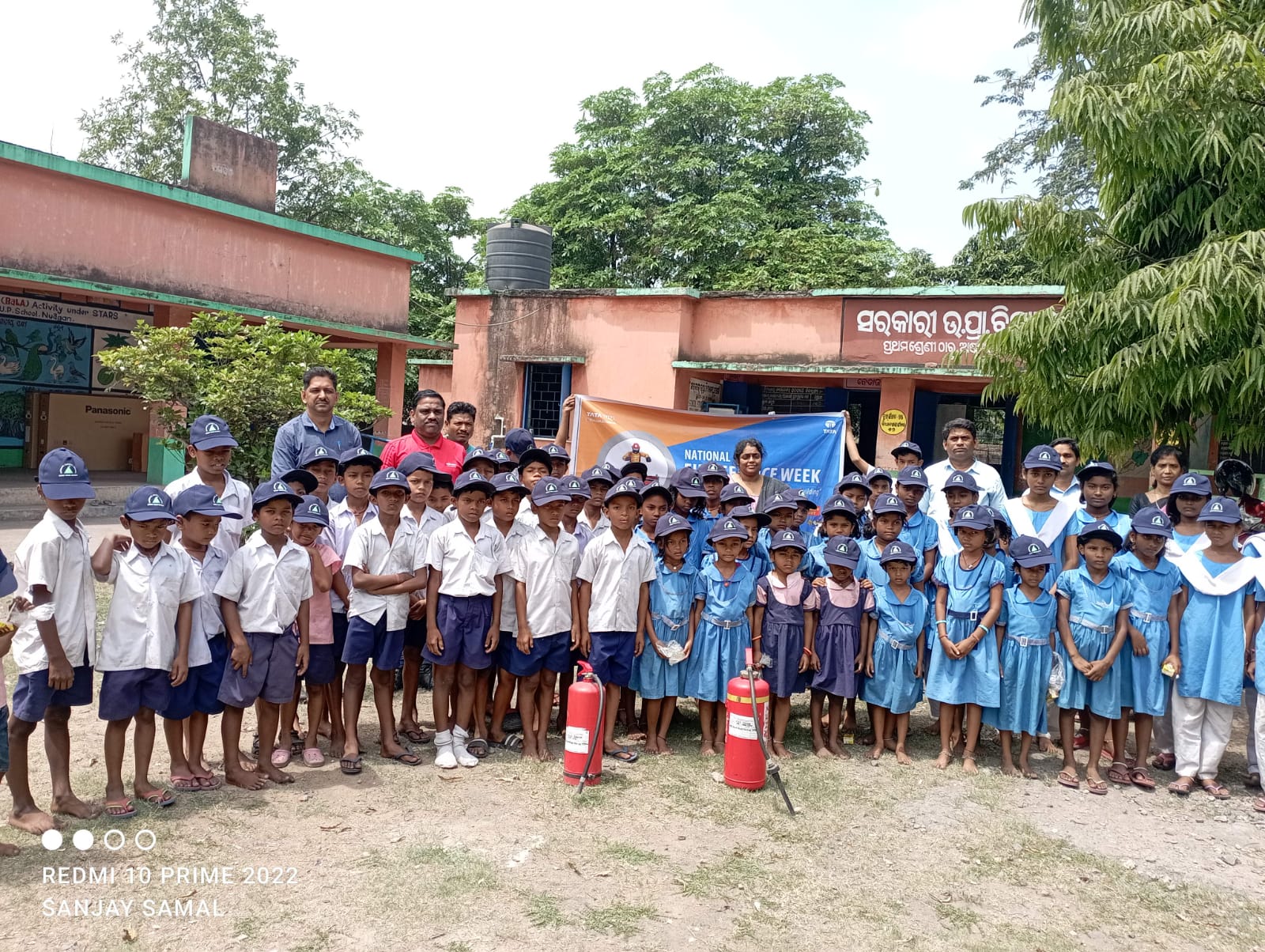Subscribe our Weekly Newsletter
RFP - Research on caregiving practices in the first 1000 days

Organization: Aga Khan Foundation
Apply By: 01 Nov 2021
RFP Title Research on caregiving practices in the first 1000 days
Reference No AKF INDIA/2021/SERVICE/14
Bid Validity 45 Days
Date of Publishing Monday, October 11, 2021
Deadline for request for clarification Wednesday, October 20, 2021; 6 p.m. IST
Date of Written Response to bidders’ queries Friday, October 22, 2021
Deadline for Submission Monday, November 1, 2021; 6 p.m. IST
Email ID for Submission akfindia@akdn.org
About the programme
The Aga Khan Foundation India, in partnership with the Bernard van Leer Foundation, is implementing a pilot programme on ‘Parent coaching for the first 1000 days’ which combines parent coaching and improved service delivery for childcare, health and nutrition for both the mother and the child, in the first 1000 days. The design of the programme is aligned with the mission of the Rashtriya Bal Swasthya Karyakram (RBSK), emphasizing responsive care and focusing interventions on the first 1000 days. The pilot programme has multiple components which include a call centre to provide coaching to pregnant women, mothers and caregivers and reinforce the key messages of the 1000 days; capacity building of field health functionaries and frontline workers; a social behaviour change campaign to focus on the criticality of the first 1000 days in a child’s life and shifting cultural and social norms towards mindful parenting during that early period. A critical part of the programme is a multi-state research on caregiving practices. This RFP is related to the research component of the programme.
Background
The Ministry of Health and Family Welfare (MoHFW) is committed to nurturing the cognitive capital of the country through enabling all young children, to attain their fullest potential by ensuring their right to good health, good nutrition, and access to stimulating, loving and protective care in a nature-friendly environment. In this regard, the MoHFW is commissioning a study, in partnership with the Bernard van Leer Foundation and lead technical and implementation partner, the Aga Khan Foundation (India), to understand the diverse cultural caregiving practices across the country, and their importance to children's and caregivers' health and well-being. The ethnographic research proposed will study parenting practices across cultures, geographies and varying contexts (urban, rural, tribal), with the goal to identify traditional parenting practices across the country that foster, as well as those that limit, cognitive development of a child. This will be formative in nature, as it may inform communication strategies and other activities of the programme.
Objectives of the study
An academic institution/research agency will be engaged for an ethnographic study on practices in the first 1000 days, including during pregnancy, and child rearing practices of children under two years to capture practices across cultures and how they are changing (or not), which can serve as a basis for discussions around childcare across the country. The study is expected to cover at least seven different states / regions, covering urban, rural and tribal communities. The states selected should be reflect the diversity on India’s contexts and cultures. The agency is encouraged to consider the seven different cultural zones of India, as well as extremes (e.g., states/regions with high and low child nutrition indicators, states/regions with high and low GDPs etc.). The study should cover different segments of caregivers, including those from low-income families and marginalized groups. The study should also have an emphasis on fathers' roles and contributions to child rearing. The academic institution/research agency is expected to engage in a deeper exploration of what works in diverse settings and why.
The key objectives of the study are:
- To document traditional beliefs and caregiving practices which are developmentally appropriate and foster cognitive and physical development of young children under 2 years, and those that limit it.
- To understand the key roles played by other family and community members, who may be influencers, gatekeepers etc. and through them, the inter-generational transmission of parenting/caregiving knowledge and practices
- To understand communication of caregiving messages and which communication styles, mediums etc. have worked, and which may not be as effective, in influencing caregiving practices across these diverse settings
The study should be guided by the observation of such practices. Such findings of the proposed qualitative study will be disseminated at different forums at national, regional and state levels, as well as internationally. The insights drawn from the study could feed into behaviour change campaigns, training design for frontline workers, and technical / operational documents for programmes with caregivers. The expected outcome of this study is for various stakeholders in the ECD space, from policymakers to practitioners, to have greater understanding around childcare practices in India.
Scope of work
The academic institution/research agency will be responsible for the overall design of the study, research design, selection of geography, sampling strategy, areas of enquiry, development of tools and protocols, data collection, analysis, and report writing. While the agency/institution will be designing and conducting the research study, AKF and BvLF will be consulted at each step, and the final decisions regarding the geographies, sample, study tools, areas of enquiry, analysis plan etc. will be taken through a consultative process. The MoHFW will be consulted at certain key stages like the finalization of the research design, tools and reports. The research agency/academic institution can propose their preference for geographies, with their rationale for selection.
Timeline
The assignment will be for 10-12 months, starting from December 2021. A tentative timeline for the study is given below for reference.
Experience and qualifications required
The assignment can be carried out by an academic institution / a research agency. The team proposed for the study should be multi-disciplinary, with backgrounds in Early Childhood Development (ECD), Maternal and Child Health (MCH), responsive caregiving, early learning, ethnographic research etc.
The academic institution/research agency applying for the study should have the following skills, experience, and knowledge:
- Organization must have at least 10 years of experience
- Organization’s average annual turnover over the last 5 financial years should be at least INR 1 Crore
- Extensive experience of conducting ethnographic studies on cultural norms, beliefs and practices for international agencies and/or government organizations. AKF INDIA/2021/SERVICE/14 RFP – Multi-state research on caregiving in the first 1000 days
- Understanding of social constructs of childhood and child rearing in Indian context, across different themes like nutrition, health, responsive caregiving, protection and early learning.
- A multidisciplinary team of experts from the following, but not restricted to, fields - sociology, human and child development, health & nutrition, preferably in-house.
- Previous experience of carried out at least one multi-state qualitative research study.
- Previous experience of using innovative approaches in qualitative research and analysis.
- Experience of working in proposed states and geographies
- Experience of working with tribal and marginalized communities is preferred.
- Excellent communication skills (spoken and written) in English, Hindi and other languages of the proposed geographies.
To download the full proposal, click here
Latest Online Store
Latest Grants
Latest News
© Renalysis Consultants Pvt Ltd


























